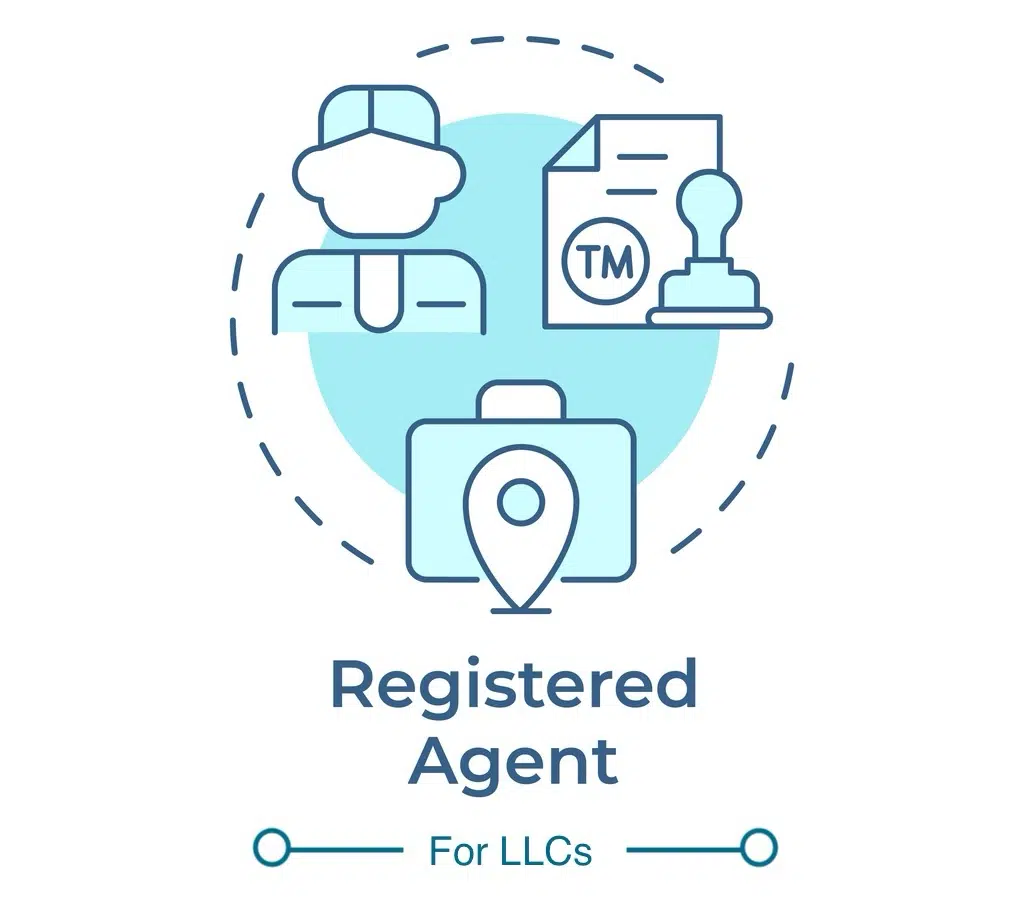 An S Corporation (S Corp) is a special type of corporation that combines the advantages of a corporation with the tax benefits of a partnership. It’s a popular choice for small businesses in Los Angeles seeking to minimize tax liabilities while maintaining corporate protections. This blog post explores what S Corporations are, their benefits, and the requirements for setting one up in California.
An S Corporation (S Corp) is a special type of corporation that combines the advantages of a corporation with the tax benefits of a partnership. It’s a popular choice for small businesses in Los Angeles seeking to minimize tax liabilities while maintaining corporate protections. This blog post explores what S Corporations are, their benefits, and the requirements for setting one up in California.
What is an S Corporation?
An S Corporation is a legal designation that allows businesses to pass income, losses, and deductions directly to shareholders without being taxed at the corporate level.
Tax Advantages
Unlike traditional corporations (C Corps), S Corps avoid double taxation by passing income through to shareholders, who report it on their personal tax returns.
Ownership Limitations
S Corporations are limited to 100 shareholders, all of whom must be U.S. citizens or residents. This makes them ideal for closely held businesses.
Benefits of an S Corporation
The S Corporation structure offers significant benefits for eligible businesses.
Pass-Through Taxation
By avoiding corporate taxes, S Corps reduce the overall tax burden, which is particularly beneficial for small business owners.
Asset Protection
As with other corporations, shareholders in an S Corp enjoy limited liability protection, safeguarding personal assets from business debts and obligations.
Flexible Income Distribution
S Corps allow owners to pay themselves a salary and take additional distributions, potentially reducing payroll tax liabilities.
Requirements for Setting Up an S Corporation
Forming an S Corporation requires compliance with specific legal and operational steps.
Incorporation
First, the business must be incorporated as a traditional corporation (C Corp) in California. This involves filing Articles of Incorporation with the California Secretary of State.
Filing Form 2553
To elect S Corporation status, businesses must file IRS Form 2553 within 75 days of incorporation or by March 15 of the tax year.
Maintaining Compliance
S Corporations must adhere to strict operational guidelines, including holding annual meetings, maintaining records, and filing regular tax returns.
Common Challenges with S Corporations
While beneficial, S Corporations aren’t ideal for every business.
Limited Growth Potential
The 100-shareholder limit and ownership restrictions can make S Corps less suitable for large or rapidly scaling businesses.
Rigid Guidelines
Failure to comply with IRS and state regulations can result in the loss of S Corp status, leading to significant tax consequences.
S Corporations offer a balanced structure for small businesses in Los Angeles seeking tax benefits and corporate protections. However, navigating the formation and compliance process can be complex. Contact Law Advocate Group, LLP for professional legal assistance to determine if an S Corporation is right for your business.



